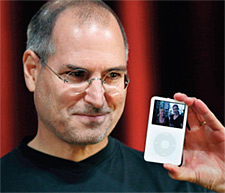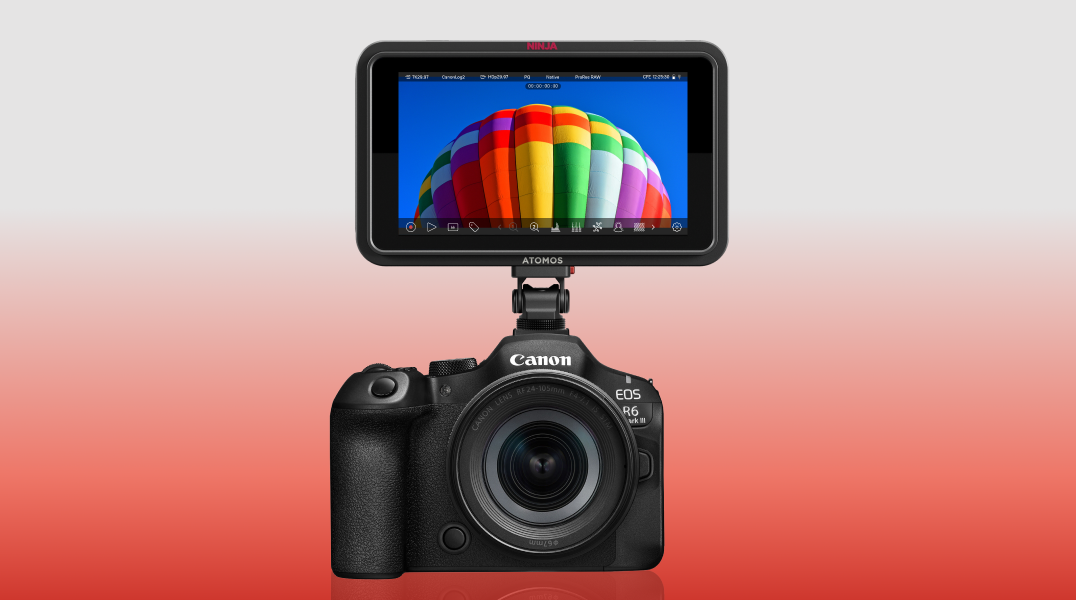Steve Jobs' Television Legacy
Tom Butts is the Editor in Chief of TV Technology.
While Steve Jobs will most likely be best remembered as a pioneering visionary of the computer age, his impact on television cannot be underestimated.

Steve Jobs unveiled the video iPod in 2005, opening up a vast new market for portable video. I remember the first and only time I saw Jobs in person, when he gave the keynote address at the 1998 NAB Show. At the time, there was some skepticism about why a computer guy would be giving the most important speech at a broadcast show. But even back then, Jobs recognized how important broadcasters (and the show) were to his business and, in particular, the digital transformation of media.
Apple used the show to launch QuickTime 3.0, and at the time the company—which was not nearly as influential or financially stable as it is now—was in a battle with Microsoft over computer video standards. It was, in some ways, a microcosm of a similar battle in the broadcast industry between the adoption of interlaced versus progressive formats. QuickTime had just been approved as the basis for MPEG-4, but the significance of that approval was not yet apparent.
Despite relentless opposition from competitors, Jobs persevered and QuickTime became a ubiquitous media player. (It also didn't hurt that this was the first software that Apple gave away for free.)
By now, we're all familiar with the story behind Apple's rise to prominence in the past decade on the back of the iPod platform. The fifth-generation iPod, when it was introduced in 2005 was most certainly not the world's first portable video player, but in true Apple style, it, along with the iTunes store, revolutionized the way video was consumed and purchased. The iPhone helped popularize the whole concept of streaming video to portable devices and now it's hard to imagine any smartphone without that capability.
Apple has also had a major impact on the way media is produced, with the popularity of its Final Cut platform, which has been enthusiastically adopted by broadcasters and the Hollywood community alike.
But let's face facts: Steve Jobs was never a big fan of traditional media; Apple's relationships with Hollywood and the major networks were always shaky. Whether media was illegally downloaded from Napster or cheapened through $1.99 TV episodes on iTunes, the major media companies were always wary of marketing video over the Internet, and in particular, what Jobs would do next. It's a love/hate relationship between devicemaker and content creator that lasts to this day.
Apple could have big plans for the consumer television market. Despite Jobs' frequent references to Apple TV as that "hobby," the device has garnered some respect among consumers who appreciate its low cost, ease of use and video quality. And rumors have abounded for months now that Apple is exploring the possibility of launching its own HDTV set in the near future (incorporating the Apple TV platform).
Given the extremely thin profit margins in the television manufacturing business today, the thought of Apple getting into such a business seems downright absurd. But Steve Jobs has surprised us before, and if such a product does appear within the next 12 months, we can be assured it will have his imprint all over it. And it will probably be a success.
The professional video industry's #1 source for news, trends and product and tech information. Sign up below.
